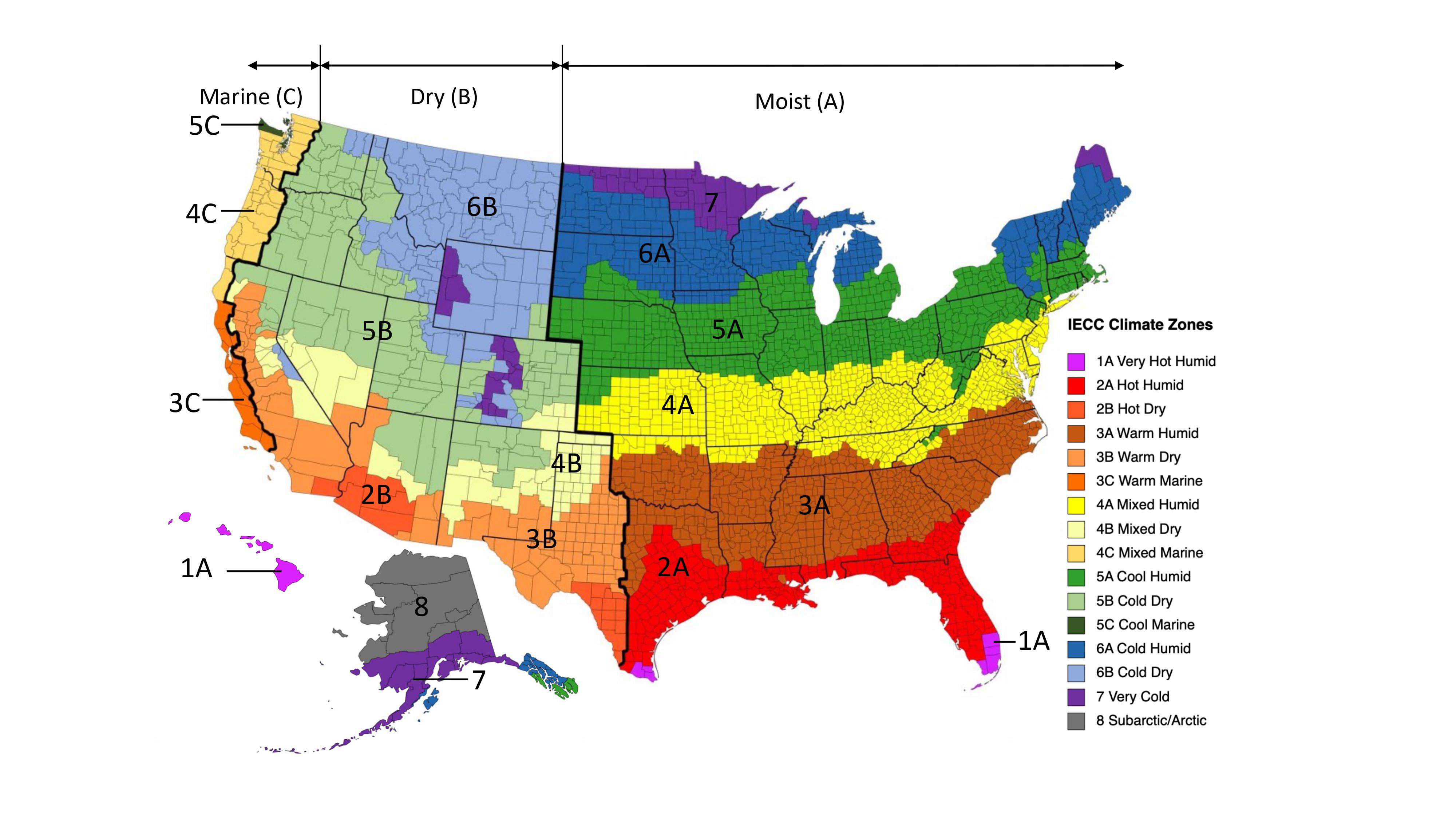My Bradford White gas hot water tank is likely due for replacement soon (~13 years old) so I've been exploring my options. I've already replaced the circuit board on the Honeywell gas control valve as well as the pilot assembly, but annoyingly, I cannot service the anode rod easily as it is integrated with the hot water outlet.
I was considering switching to electric or a hybrid heat pump and ditching gas altogether since we have a heat pump now. Plus, the majority of our electricity is from hydro so I can feel warm and fuzzy about that too. However, when I use various calculators, gas is significantly cheaper to operate. I had assumed that there would be more financial incentive to stop using gas, with the whole push to electrify everything. Am I missing something?
Calculator: https://benhollis.net/experiments/water-heaters/
Inputs:
- Natural gas: $1.39/therm ($13.16/GJ) after taxes + $0.42/day basic charge not accounted for in calculator (ie additional $154/yr cost)
- Electricity: $0.1408/kWh + $0.23/day basic charge (sunk cost)
- Cost of the hybrid heat pump reduced by $1000 rebate
- Labour not considered, likely will be a DIY install
- Prices are in CAD

Our average monthly gas consumption for hot water is 2.4 GJ, but I'm not sure how to adjust the calculator to reflect this, or convert and apply this to electric tanks with different UEFs. At $13.16/GJ and $154/yr basic cost, our annual cost for gas would be ~$530. The replacement gas tank has the same UEF as our current tank.
Regardless, I think I would stay with gas so that we can have hot water during the rare power outage (tank is atmospheric vented), but it would be nice to quantify the differences.
I was considering switching to electric or a hybrid heat pump and ditching gas altogether since we have a heat pump now. Plus, the majority of our electricity is from hydro so I can feel warm and fuzzy about that too. However, when I use various calculators, gas is significantly cheaper to operate. I had assumed that there would be more financial incentive to stop using gas, with the whole push to electrify everything. Am I missing something?
Calculator: https://benhollis.net/experiments/water-heaters/
Inputs:
- Natural gas: $1.39/therm ($13.16/GJ) after taxes + $0.42/day basic charge not accounted for in calculator (ie additional $154/yr cost)
- Electricity: $0.1408/kWh + $0.23/day basic charge (sunk cost)
- Cost of the hybrid heat pump reduced by $1000 rebate
- Labour not considered, likely will be a DIY install
- Prices are in CAD
Our average monthly gas consumption for hot water is 2.4 GJ, but I'm not sure how to adjust the calculator to reflect this, or convert and apply this to electric tanks with different UEFs. At $13.16/GJ and $154/yr basic cost, our annual cost for gas would be ~$530. The replacement gas tank has the same UEF as our current tank.
Regardless, I think I would stay with gas so that we can have hot water during the rare power outage (tank is atmospheric vented), but it would be nice to quantify the differences.
Last edited:

